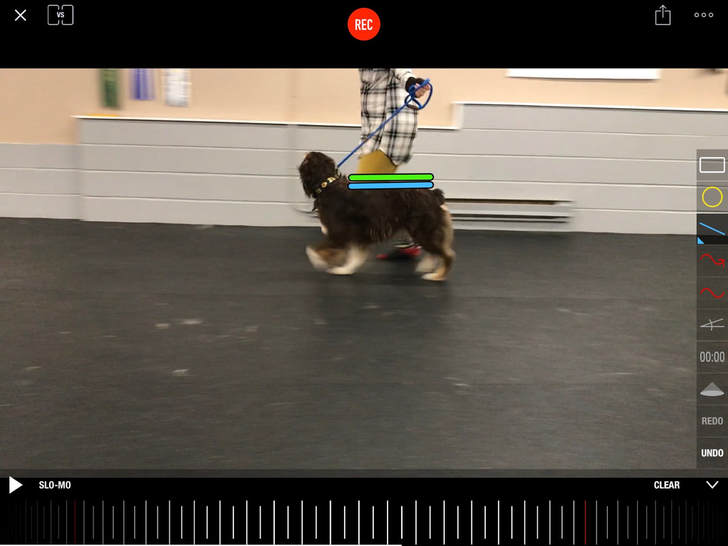Sporting Dog Baseline Assessments
Every dog is unique and performance dogs are no different. Their breed, physical structure, injury history, current fitness level, and sports they participate contributes to the way they move and how they perform.
Without a baseline of where your dog is starting from, you could be wasting time on conditioning exercises that not only don’t improve their performance, but may exacerbate pre-existing injuries or imbalances! If your dog is injured in the future, a baseline assessment provides an objective way to determine what changes have occurred. It also helps track changes in muscle size, strength, and flexibility so you can feel confident your conditioning program is having a positive effect and is time well spent.
The sporting dog baseline assessment includes:
Without a baseline of where your dog is starting from, you could be wasting time on conditioning exercises that not only don’t improve their performance, but may exacerbate pre-existing injuries or imbalances! If your dog is injured in the future, a baseline assessment provides an objective way to determine what changes have occurred. It also helps track changes in muscle size, strength, and flexibility so you can feel confident your conditioning program is having a positive effect and is time well spent.
The sporting dog baseline assessment includes:
- Soft tissue evaluation (determining tenderness or flexibility issues)
- Spinal and joint evaluations (investigating current restrictions or problems)
- Measurements (muscle circumference, body measurements, and body mass)
- Video analysis of gait
- Photographic analysis of posture
- Functional tests (balance and body awareness)
- Use of the Stance Analyzer (analyzing weight bearing on all four limbs and centre of gravity
Ready to get started?
Contact Us:
phone: 519-829-5529
Facebook: Like our page 'McIntyre Rehabilitation' and send us a message
Contact Us:
phone: 519-829-5529
Facebook: Like our page 'McIntyre Rehabilitation' and send us a message
